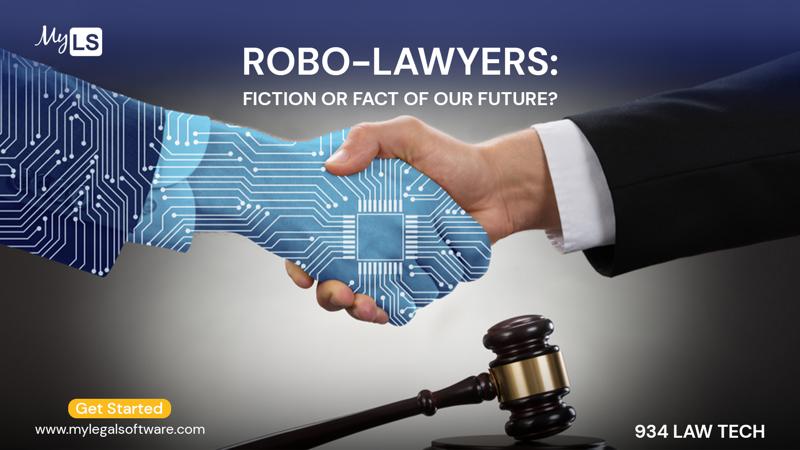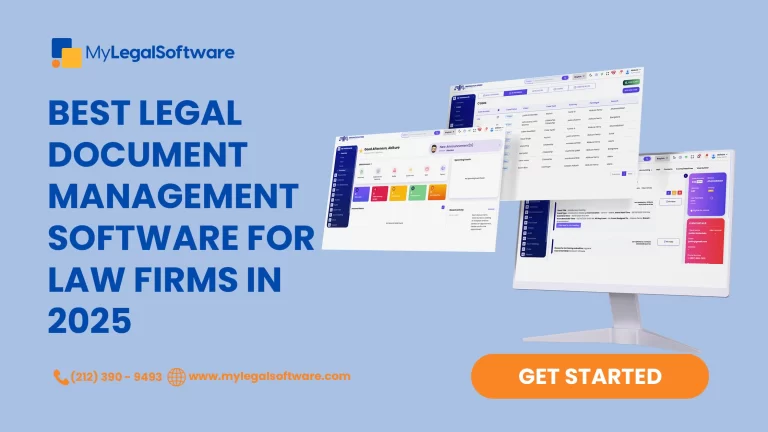Robo-Lawyers, what are they?
The legal industry has historically been hesitant to adopt technological advancements but is now facing pressure to embrace artificial intelligence (AI) due to the growing interest in its application. As technology advances, there has been an increasing interest in the use of robots and artificial intelligence in the legal industry.
The concept of a robot lawyer is not new; it has been the subject of science fiction for decades. However, with recent advancements in AI, robotics, and machine learning, the idea of having robot lawyers is becoming more of a reality.
The idea of a robot lawyer is a machine or software that is designed to provide legal services to clients. It can analyze legal documents, provide legal advice, and even represent clients in court.
The idea behind robot lawyers is to provide a more efficient and cost-effective way to provide legal services. Robot lawyers can work 24/7, without breaks, and quickly process vast amounts of data. But how true of a good is this than harm to the legal sector?
In this blog, we will explore the impact of technology on the legal industry, its potential future implications for legal practice, the current state of research regarding robot lawyers, and discuss whether they are a myth or a reality of our future.
Role of Technology in Transforming the Legal Sector
The emergence of artificial intelligence and the development of artificial lawyers have greatly impacted the legal industry. This technological advancement has paved the way for increased efficiency and productivity, particularly by promoting transparency between legal firms and clients.
One significant benefit of legal tech is the adoption of cloud-based technology for document security. This technology allows lawyers and clients to store and access legal documents from any location, ensuring that critical information is always readily available.
In addition, the development of video conferencing platforms like Zoom and Teams has revolutionized the legal industry, allowing judges and lawyers to handle matters and provide legal services remotely. This innovation has made legal services more accessible, particularly to clients who live in remote areas, have mobility issues, or where we face a pandemic.
Another area where robot lawyers are being used is in contract review. Contract review is a time-consuming process that involves analyzing legal documents to ensure that they are legally binding and that all parties are protected. Robot lawyers can analyze contracts and flag potential issues, such as clauses that may be unclear or unfair.
The role of legal tech goes beyond just document storage and remote services. AI-powered tools can analyze vast amounts of data, assisting lawyers in making informed decisions and providing more accurate predictions about the outcomes of legal cases.
This technology also helps lawyers save time and money by automating repetitive tasks like contract review and legal research. A common example of such artificial intelligence which lawyers widely embrace is ChatGPT. Read more on ChatGPT replacing lawyers soon here.
Furthermore, legal tech can help lawyers and law firms stay compliant with ever-changing regulations and requirements. By leveraging automated compliance monitoring tools, legal professionals can ensure that they are adhering to ethical and legal guidelines.
Robots in the Legal Market
The current state of research regarding robot lawyers is promising. Researchers are developing machine learning algorithms that can analyze legal documents and case law to provide legal advice. They are also developing robots that can represent clients in court.
In 2015, Joshua Browder, a new scientist from Stanford University, founded the first robot lawyer in California in partnership with the CEO of DoNotPay firm.
In 2018, the robot lawyer helped people contest over $4 million in parking tickets in New York and London. The robot lawyer used a chatbot interface to ask the user questions and then provided advice based on their answers.
It is worth mentioning that in October 2022, AI also created history by being the first to give evidence in the House of Lords. Ai-Da took to the stand to express their thoughts on the impact of AI in art and how copyright laws and creative licenses should be handled in light of AI’s participation in various art competitions.
However, the world’s first robot lawyer, created by California-based tech company DoNotPay, was sued earlier this year by a Chicago-based law firm for practicing without a license. Edelson said in the official file;
“Unfortunately for its customers, DoNotPay is not actually a robot, a lawyer, nor a law firm. DoNotPay does not have a law degree, is not barred in any jurisdiction, and is not supervised by any lawyer,”
Legal Concerns
Despite the promising research, there are still some concerns about the use of robot lawyers. One such reservation is that Robo-Lawyers may need help to provide the same level of empathy, emotional intelligence, and understanding that a human lawyer can. Legal issues can be stressful, and clients may need emotional support, which a robot may not be able to provide.
Additionally, robot lawyers raise concerns. For example, if a robot lawyer makes a mistake, who is responsible for the consequences? Is it the robot itself, the programmer who designed it, or the law firm that uses it?
There are also concerns about the impact that robot lawyers could have on employment in the legal industry. If robot lawyers become widespread, it could lead to job losses for human lawyers. However, proponents argue that robot lawyers could free up human lawyers to focus on more complex legal issues and provide a higher level of service to clients.
The Future of Legal Practice with Robo-Lawyers
While the use of artificial intelligence (AI) and automation in the legal industry is already a reality, many experts predict that robots and other forms of technology will play an increasingly significant role in the legal sector in the coming years.
Advocates of robot lawyers argue that they can perform routine tasks faster, more accurately, and at a lower cost than human lawyers, freeing up time for lawyers to focus on more complex legal work. For example, robot lawyers can assist with document review, legal research, and contract management, among other things.
However, critics are concerned about the potential for job loss and the ethical implications of relying on robots to make important legal decisions. They argue that the law is a complex and nuanced field and that robots may not have the ability to understand the human element of legal cases or make ethical judgments in the same way that human lawyers can.
Overall, the future of legal practice with robots is likely to be a combination of human and machine collaboration. While robots and other forms of technology can enhance the efficiency and accuracy of legal work, they cannot replace the human skills of empathy, creativity, and critical thinking that are essential in many legal contexts. The future of robot lawyers in our society is yet to be determined, but it is evident that they have transitioned from being mere myths.
How Best to Embrace Legal-Tech
Leveraging cutting-edge technology to streamline routine legal processes, freeing up time to focus on higher-value tasks, is a valuable advantage for any law firm. Consider maximizing the benefits of your legal technology investments with a safer option- MyLegalSoftware, which offers a comprehensive suite of features, including client intake, case management, auditing, calendaring, and payment processing.
Ultimately, embracing technology responsibly within your law firm can result in time savings, efficient resource management, and measurable improvements in overall law firm performance.









